University of Chicago invention of light-controlled ultra-thin minimally invasive pacemaker is expected to reduce complications of heart surgery [with Medical device technology track Observation Map]
Outlook frontier
A pacemaker is a small device that regulates electrical impulses to keep the heart beating smoothly. To reduce heart complications, scientists are working to make these devices smaller and less invasive.
According to Science and Technology Daily, a team of researchers at the University of Chicago has developed a light-driven wireless device that can be implanted in the body to regulate cardiovascular or neural activity. The feather-light film can be implanted through minimally invasive surgery and does not contain any moving parts. The results, published in the journal Nature, may help reduce complications from heart surgery.
The research team set out to create a material that is activated only where light hits it. What they settled on was two layers of P-type silicon. The material responds to light by generating an electric charge, and its top layer has many tiny pores (nanopores) that improve electrical performance and concentrate power.
This design forms a tiny, bendable film that can be inserted into the body through a tiny tube and optical fiber. The fiber emits light in a precise pattern, and the film picks up the fiber's glow and converts it into electrical pulses.
The film is only a micron thick, about 1% of the thinnest human hair. It weighs less than a fifth of a gram, significantly less than current state-of-the-art pacemakers, which weigh at least 5 grams.
The researchers say this particular version of the device is intended for temporary use only. When the device is removed, there is no need for another invasive surgery. It dissolves over time into the non-toxic compound silicic acid. These devices can be designed to have different life expectantions, depending on how long it takes to stimulate the heart.
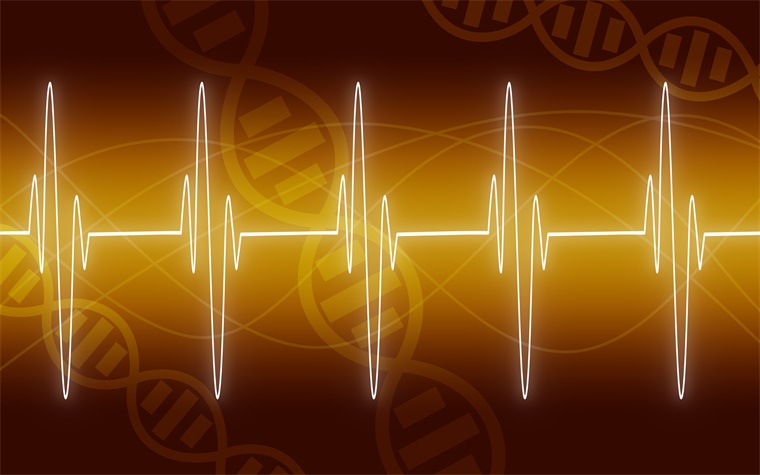
Source: Photo network
Technology value observation
The findings could be implanted in the body through minimally invasive surgery to regulate cardiovascular or neural activity without any moving parts, potentially reducing complications from heart surgery. This will further change the rules of the game in heart treatment and will promote the seamless integration of bioelectronics with the body's natural functions.
The achievement is currently located in the middle of the industrial chain. The upstream industry of the medical device industry is the manufacturing of medical device components, involving electronic components, raw materials, software systems, emerging technologies and other fields. The midstream industry of the medical device industry is related to the research and development, manufacturing, sales and service of medical devices. The downstream industry of medical devices is the medical and health industry.
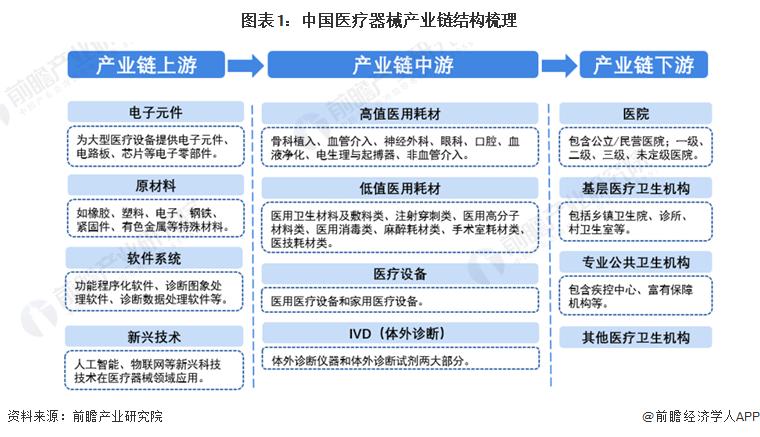
Macro market observation
The medical device market continues to grow globally and in China
From 2018 to 2022, the global medical device market continued to rise, with an average annual growth rate of more than 5%, the global medical device scale reached 532.8 billion US dollars in 2022, and the market size in China reached 983 billion yuan in 2022, an increase of 10.35%.
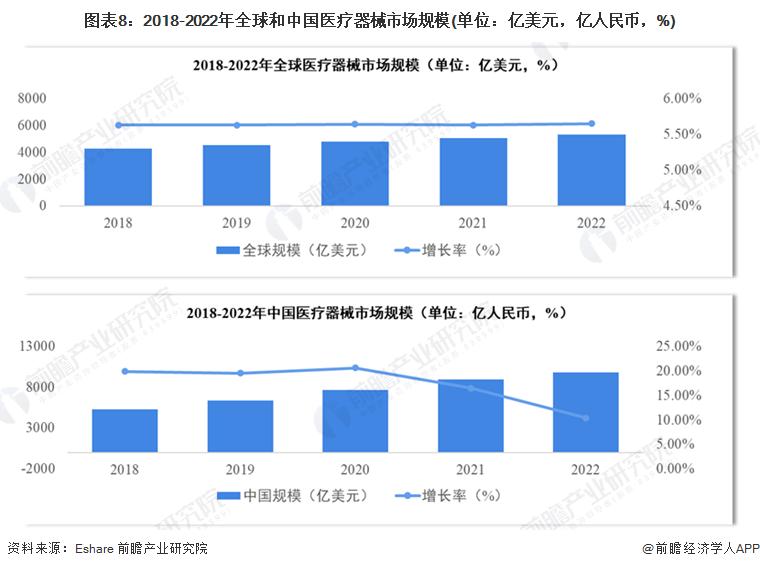
Scale of import trade in China's medical device industry
According to the statistics of the General Administration of Customs, 2012-2021, China's medical device industry import scale as a whole showed a slow upward trend, 2021 China's medical device industry import scale reached 15.571 billion US dollars, up 23.54% year-on-year. In 2022, the import scale of China's medical device industry reached 14.373 billion US dollars, down 7.7% year-on-year, which is the first significant decline in the scale of China's medical device import trade after 2015.
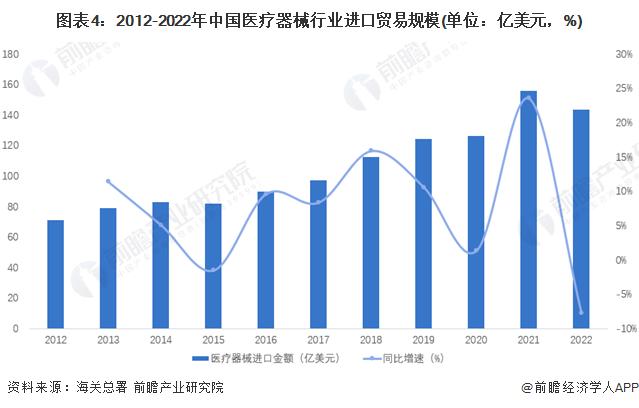
Analysis of listed enterprises of medical devices
According to the announcements of the companies, among the listed companies of high-end medical devices, Mindray Medical's revenue scale ranks first, reaching 4.51 billion US dollars in 2022, followed by Jiuan Medical's 3.91 billion US dollars and Dean Medical's 1.79 billion US dollars.
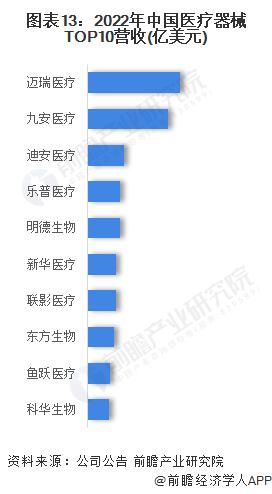
China medical device technology track heat map
According to the prospective industrial heat map, the current medical device key technology strongly related urban clusters are mainly concentrated in South China, central China, East China, especially Guangdong Province has become a key development area. These city clusters have invested a lot of policy, capital, environment and human resources for medical device research and development, becoming potential medical device technology development centers. According to the distribution of heat map, South China has great possibility to become the leading region of medical device technology. It focuses on the relevant enterprises in Tianhe District, Guangzhou City, Guangdong Province, Longhua District, Shenzhen City, Zhengzhou City, Henan Province, and Chaoyang District and Haidian District, Beijing, as well as the investment environment and potential market for the development of medical device industry in these places.
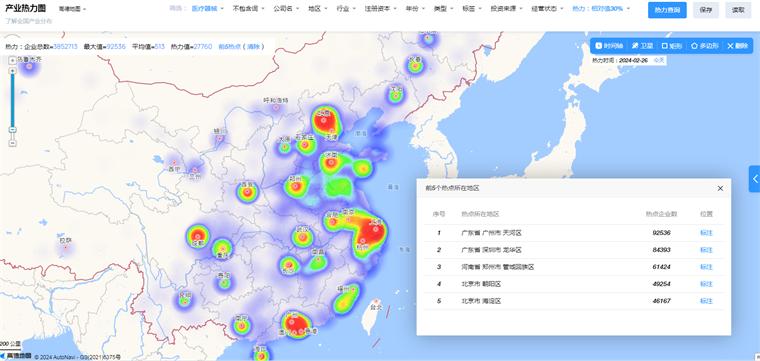
|
Last:Reprint: Market segment analysis of China ophthalmic high-value consumables industry in 2024
Next:Appearance and function examination of surgical instruments |
Return |